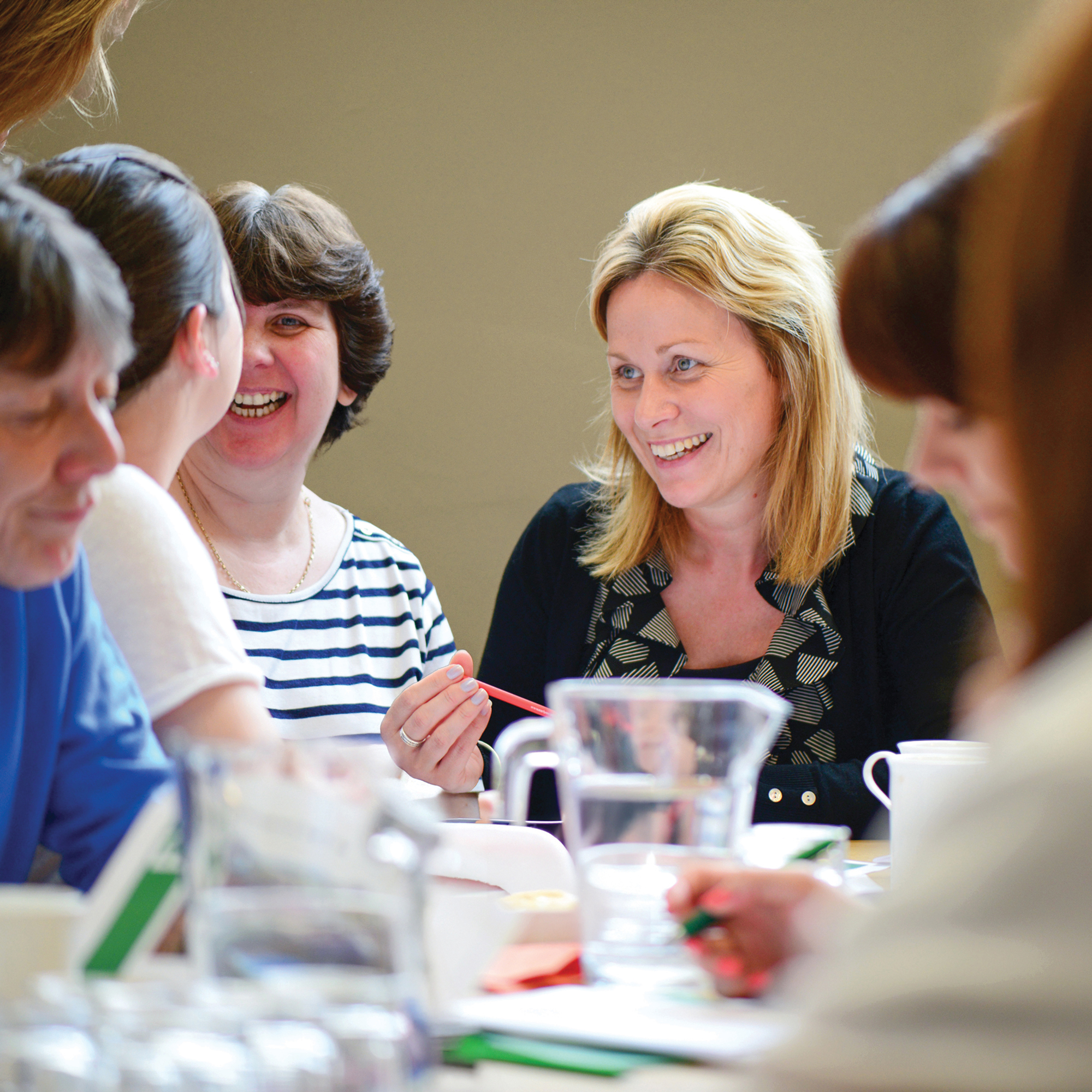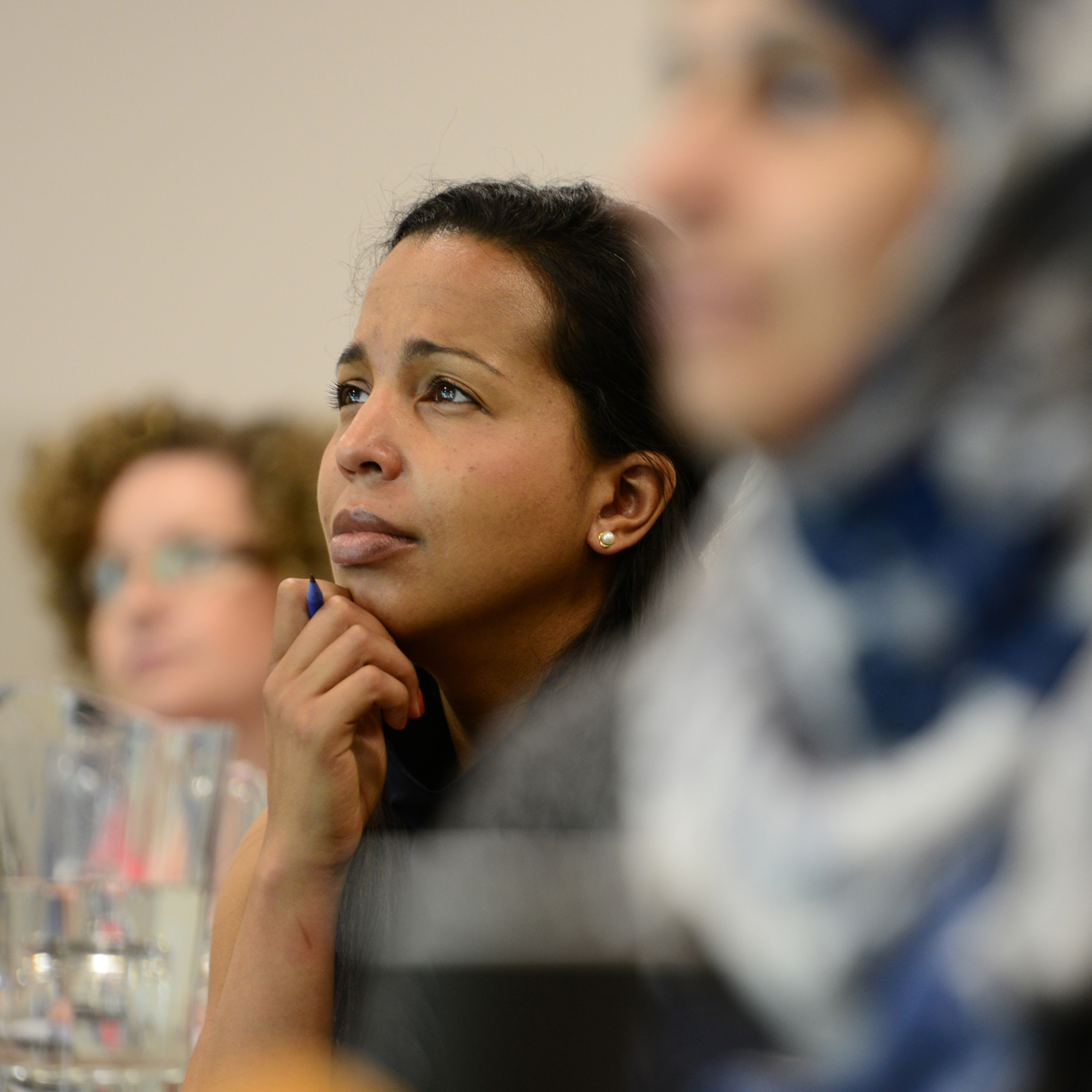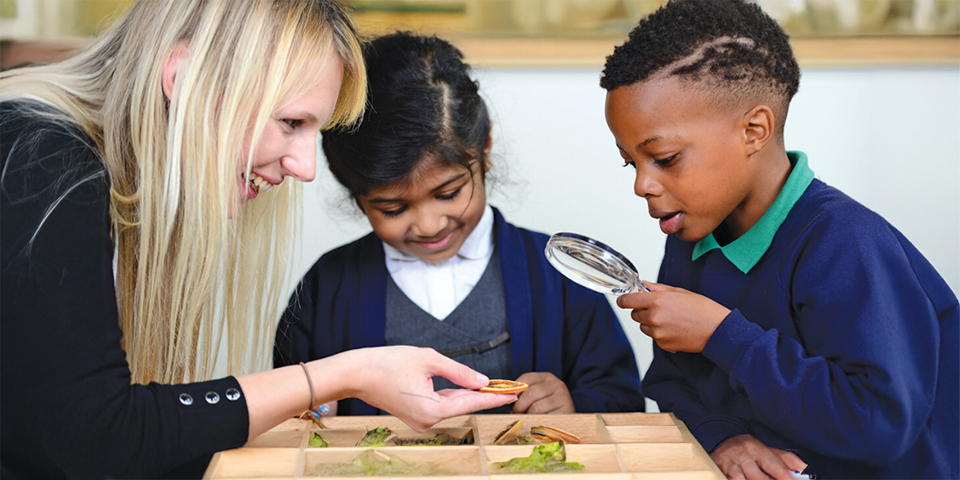Early this month, Ofsted published the final part in its recent series looking at the early years – Best Start in Life. As expected, this new instalment focuses on the Specific Areas and builds on the previous reviews’ comments relating to the Prime Areas, Pedagogy and Curriculum.
The core messages, highlighted below, mirror much of the ongoing conversation surrounding the EYFS Statutory Framework, Ofsted’s Inspection Framework, and broader early years research.
Threaded throughout the report is a clear focus on strengthening the expertise of the adult, in terms of knowledge of child development, and teaching and learning. Linked to this is the recommendation that adults carefully consider what children are expected to do, with the suggestion that at times these expectations may not be developmentally appropriate. The report also discusses the evolving needs of the young children, including children with SEND.
Best Start in Life Part 3: The 4 Specific Areas of Learning – Core Messages (Ofsted October 8th, 2024):
- The specific areas of learning are connected. They give the context for much learning in the prime areas. Learning in the specific areas should prioritise vocabulary and language comprehension. It should give children opportunities to develop their executive function.
- To deliver a high-quality curriculum in their settings, practitioners need to know how children develop and learn. They need to have a clear understanding of the possible next steps in children’s development and learning. They need to know how to teach young children and how to assess their learning. This requires ongoing guidance and professional development.
- All children need a fair opportunity to learn. The quality of the curriculum is especially important for children who have less help at home with their early learning.
- Early literacy development gives children lifelong benefits. Stories, rhymes and songs help with children’s language and vocabulary development. They also develop children’s emotional understanding. Early literacy is linked to better academic achievement, mental well-being and empathy. Formal teaching of writing or phonics at ever-younger ages may limit the amount of time available to develop children’s communication and language: the bedrock of children’s later reading comprehension and writing composition.
- Effective early mathematical learning combines deliberate teaching with opportunities for learning through play. Understanding both number and spatial reasoning is crucial to later achievement, as is encouraging positive attitudes to maths. Practitioners need to understand how children typically progress in mathematics so they can build on what children already know. Practitioners also need to check for gaps in understanding and plan further teaching to ensure that children’s early learning is secure
- Understanding the World is a broad area that includes the foundational knowledge for many later curriculum subjects. It is not helpful to think of this area as a number of later subjects ‘squashed’ together under one heading. For babies and young children, learning in these areas needs to connect. Children learn new things, and the vocabulary to talk about them, in a range of interesting contexts. This helps children to develop deeper knowledge and conceptual understanding.
- Expressive Arts and Design should give children opportunities to learn new skills, appreciate the arts and use this knowledge to be creative. These activities give practitioners opportunities for quality interactions with children. Talking with children about their art can help practitioners understand what children think about the arts and the world around them.
The Best Start in Life review goes into further detail surrounding each of these points, drawing on a range of research from the UK and overseas, and offering suggestions to develop the curriculum and practice. As with the previous reports, most of the research is from the last fifteen years and some post-pandemic. As always, we would recommend reviewing any link to research and the early years with great care.
You can read the report in full in here: Best Start in Life: A Research Review for Early Years
At the same time Ofsted published another report Strong Foundations in the First Years of School. This explores the relationship between Reception and Key Stage One and has already generated much debate! Look out for our next blog for a summary of the key findings and potential implications.
We will be exploring the findings and messages of both these reports in greater depth this term as part of our online and face to face training events, for leaders and wider teams, including at our Inspiring Leaders Conference 2025, during the Roadshows and at our popular EYFS Leaders Programme.
We also have a range of strategic tools and resources which may help you and your team reflect on current practice, found here.
You can also read our Reflections on Best Start in Life – Part 2: A Research Review for Early Years.
Find out more

Join us at the Inspiring Leaders Conference 2025, to explore the role of leadership in the EYFS, featuring workshops from inspirational leaders and key research on best practice.

Explore these changes in greater depth during our EYFS Roadshow and receive insights and practical advice through the delivery of three essential CPD courses:

The Senior Leaders Programme provides expert training with a school improvement focus to support the effective leadership of the EYFS and KS1.

